In development
Program: Day 4
Registration starts
Universal Energy Access (U)
- Level 5: Ichma room 1
- Save to Google Calendar
- Save to My Agenda
High Level Round Table C: Role of consumers in the energy transition
In development
Speaker(s):
 Jana Haasová
Jana Haasová
Energy Transition (E)
- Level 5: Ichma room 2
- Save to Google Calendar
- Save to My Agenda
High Level Round Table D: Regulating the nascent hydrogen sector
In development
Speaker(s):
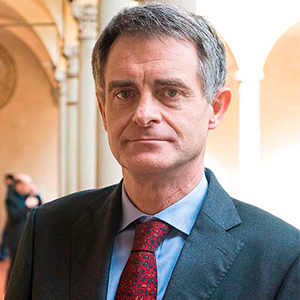 Alberto Pototschnig
Alberto Pototschnig
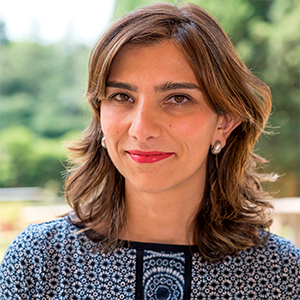 Ilaria Conti
Ilaria Conti
Institutionality (I)
- Level 8: Naciones room 1 and 2
- Save to Google Calendar
- Save to My Agenda
In pursuit of regulatory excellence
The energy regulator has two fundamental missions a) to establish or propose regulations to develop the legal framework through regulatory mechanisms to achieve energy...
Speaker(s):
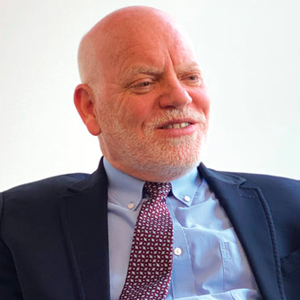 David Danner
David Danner
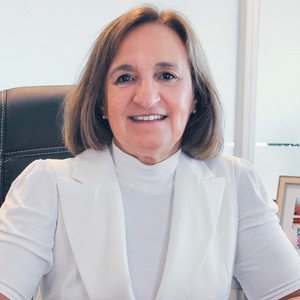 Silvana Romero
Silvana Romero
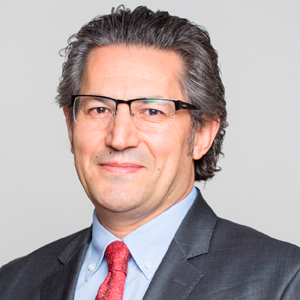 Hasan Özkoç
Hasan Özkoç
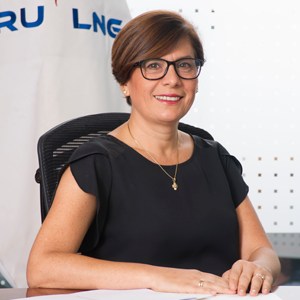 María Julia Aybar Solis
María Julia Aybar Solis
Institutionality (I)
- Level 8: Naciones room 1 and 2
- Save to Google Calendar
- Save to My Agenda
Break
Competitiveness (C)
- Level 6 : Pachacamac room
- Save to Google Calendar
- Save to My Agenda
Are regulatory reforms the final leap?
The energy sector reforms seek to improve a regulatory framework that provides predictability and legal certainty...
Speaker(s):
 Natasha Avendaño García
Natasha Avendaño García
 Jerson Reyes Sanchez
Jerson Reyes Sanchez
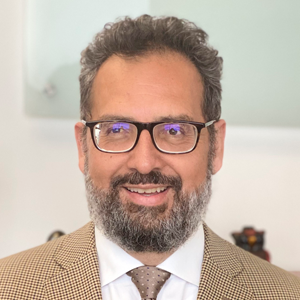 Paul Súmar
Paul Súmar
 Cândida Patrícia Veríssimo e Costa de Oliveira
Cândida Patrícia Veríssimo e Costa de Oliveira
Energy Transition (E)
- Level 6: Mangomarca room
- Save to Google Calendar
- Save to My Agenda
The dynamics of water & energy regulation interdependency
The dynamics of economic growth and climate change impact the availability of energy and water resources. Water is vital not only for daily human use but also is present in almost every energy production process...
Speaker(s):
 Rota Šņuka
Rota Šņuka
 Andrijana Nelkova Chuchuk
Andrijana Nelkova Chuchuk
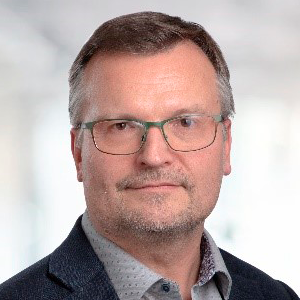 Veli-Pekka Saajo
Veli-Pekka Saajo
 Chenée Riley
Chenée Riley
Universal Energy Access (U)
- Level 8: Naciones room 3
- Save to Google Calendar
- Save to My Agenda
Shaping the energy landscape - Building trust with stakeholders
Stakeholder interest and engagement in energy projects continue to increase as do their expectations about regulators and utilities, calling for greater transparency...
Speaker(s):
 Sharleen Gale
Sharleen Gale
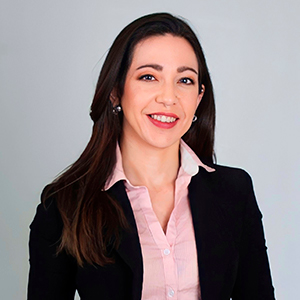 Maria Elena Martín Morales
Maria Elena Martín Morales
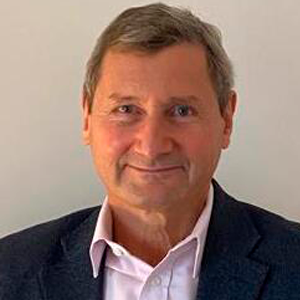 Bruno Meyer
Bruno Meyer
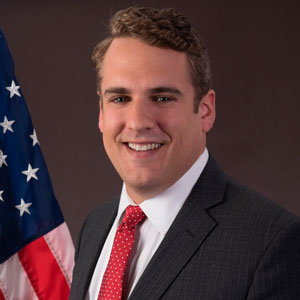 James Danly
James Danly
Institutionality (I)
- Level 8: Naciones room 1 and 2
- Save to Google Calendar
- Save to My Agenda
Closing Ceremony
In development
Farewell
High Level Round Table C: Role of consumers in the energy transition
Universal Energy Access (U)
- Level 5: Ichma room 1
- Save to Google Calendar
- Save to My Agenda
 Jana Haasová
Jana Haasová
High Level Round Table D: Regulating the nascent hydrogen sector
Energy Transition (E)
- Level 5: Ichma room 2
- Save to Google Calendar
- Save to My Agenda
In development
 Alberto Pototschnig
Alberto Pototschnig
 Ilaria Conti
Ilaria Conti
In pursuit of regulatory excellence
Institutionality (I)
- Level 8: Naciones room 1 and 2
- Save to Google Calendar
- Save to My Agenda
DESCRIPTION:
The energy regulator has two fundamental missions a) to establish or propose regulations to develop the legal framework through regulatory mechanisms to achieve energy or environmental policy objectives efficiently and as cost-effectively as possible and b) to supervise the functioning of energy markets and the performance of regulated activities. But, does the energy regulator have the conditions of independence, economic autonomy, specialization, and competence to perform these functions?
KEY QUESTIONS:
1) In the ethics, social and corporate responsibility fields, how can we solve conflicts of interest, and attend to accountability to comply efficiently with the energy and environmental policy objectives?
2) What participation and transparency mechanisms are in place for the regulatory processes?
3) What are the principal tools of the regulator to monitor processes performed by the energy agents?
4) What mechanisms the regulator uses to update technical and economic information, maintaining its degree of specialization?
5) What are the tools to inform society and protect consumers?
 David Danner
David Danner
 Silvana Romero
Silvana Romero
 Hasan Özkoç
Hasan Özkoç
 María Julia Aybar Solis
María Julia Aybar Solis
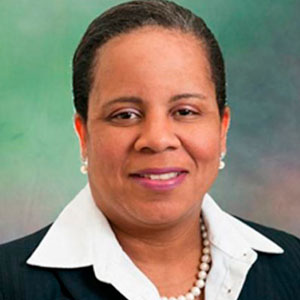 Kathleen Riviere-Smith
Kathleen Riviere-Smith
Icer Award
Institutionality (I)
- Level 8: Naciones room 1 and 2
- Save to Google Calendar
- Save to My Agenda
In development
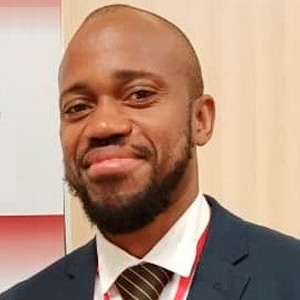 Charly Gatete
Charly Gatete
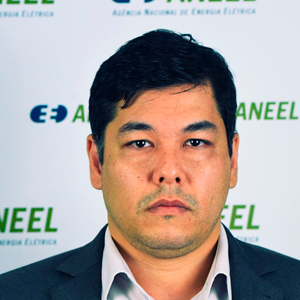 Marcio Andrey Roselli
Marcio Andrey Roselli
Are regulatory reforms the final leap?
Competitiveness (C)
- Level 6 : Pachacamac room
- Save to Google Calendar
- Save to My Agenda
DESCRIPTION:
The energy sector reforms seek to improve a regulatory framework that provides predictability and legal certainty. While the focus of the first wave of reforms was to ensure energy security and fiscal stability, nowadays universal energy access and energy transition play a key role.
Considering the above, Peru created the Multisectoral Commission for the Reform of the Electricity Subsector in 2019. With the Reform, Peru is ready to keep up with the global challenges, and invites other actors to analyze, how have local and regional particularities nuanced the reform processes in other parts of the world?
KEY QUESTIONS:
1) The growing penetration of renewable energies and the decarbonization process to comply with climate agreements are driving a series of political reforms, but what institutional arrangements are necessary to guarantee the sustainability of these changes?
2) How is technology accelerating reform processes worldwide (distributed generation, storage, electromobility, digitization, etc.)?
3) What role does the consumer or prosumer play in the design of these new markets?
4) How do we ensure that reforms meet social objectives?
 Natasha Avendaño García
Natasha Avendaño García
 Jerson Reyes Sanchez
Jerson Reyes Sanchez
 Paul Súmar
Paul Súmar
 Cândida Patrícia Veríssimo e Costa de Oliveira
Cândida Patrícia Veríssimo e Costa de Oliveira
 Francisco Salazar
Francisco Salazar
The dynamics of water & energy regulation interdependency
Energy Transition (E)
- Level 6: Mangomarca room
- Save to Google Calendar
- Save to My Agenda
DESCRIPTION:
The dynamics of economic growth and climate change impact the availability of energy and water resources. Water is vital not only for daily human use but also is present in almost every energy production process. According to the World Bank, electricity represents "5 % to 30% of the total operating cost of water and sewage utilities (World Bank, 2012), but in some countries such as India and Bangladesh, it can be as high as 40%" (WAAP, 2015). Furthermore, energy is used to extract, convey, and deliver water of appropriate quality for human use and wastewater treatment before their return to the environment. Both areas have historically been regulated and managed separately, although an integrated planning approach may be useful to use these resources more efficiently.
Examples of water-energy linkages include providing access under growing demand conditions, combined power and desalination plants, combined heat and power plants, utilization of geothermal resources, and energy recovery from wastewater.
KEY QUESTIONS:
1) Is it possible for synergies to exist for water and energy regulation?
2) Should there be one national regulator for energy and water or should they be separate entities? Are consumer's expectations different for each sector?
3) Is it necessary to have a different regulatory methodology for water and energy?
4) What is the future of energy and water utilities? Different? Similar?
5) How can we promote efficiency in both sectors?
 Rota Šņuka
Rota Šņuka
 Andrijana Nelkova Chuchuk
Andrijana Nelkova Chuchuk
 Veli-Pekka Saajo
Veli-Pekka Saajo
 Chenée Riley
Chenée Riley
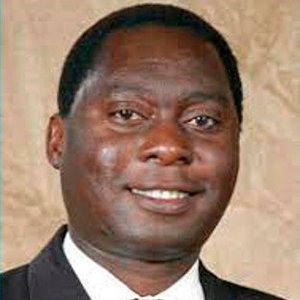 Elijah Sichone
Elijah Sichone
Shaping the energy landscape - Building trust with stakeholders
Universal Energy Access (U)
- Level 8: Naciones room 3
- Save to Google Calendar
- Save to My Agenda
DESCRIPTION:
Stakeholder interest and engagement in energy projects continue to increase as do their expectations about regulators and utilities, calling for greater transparency. Renewable energies have garnered attention as examples of projects that engender public, and community participation. Broader participation helps to raise issues associated with the presence or absence of energy projects and the ensuing effect on members of a community. In this regard, some of the challenges we are currently facing are identifying barriers to participation and ensuring that mechanisms are in place for equity in participation.
KEY QUESTIONS:
1) What types of projects have the most participation?
2) Are utilities equipped to manage public participation?
3) How do we define community participation? What are the benefits? Are there any drawbacks?
4) How can regulators facilitate participation? What models are worth emulating?
5) What metrics are there that show correlations between community participation and the success of energy projects?
 Sharleen Gale
Sharleen Gale
 Maria Elena Martín Morales
Maria Elena Martín Morales
 Bruno Meyer
Bruno Meyer
 James Danly
James Danly
 Milene Yarixa Nuñez Espinoza
Milene Yarixa Nuñez Espinoza
Closing Ceremony
Institutionality (I)
- Level 8: Naciones room 1 and 2
- Save to Google Calendar
- Save to My Agenda
In development
